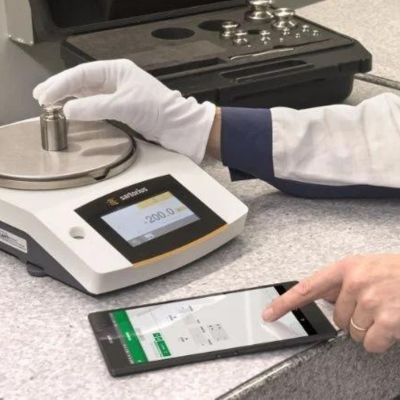Purchase Item

Instruments Purchase Guide
The Instruments Purchase Guide is a valuable resource for individuals and organizations looking to acquire a wide range of instruments. This guide serves as a comprehensive reference to help buyers navigate the complexities of selecting, purchasing, and maintaining various types of equipment. It provides detailed information on choosing the right instruments for specific applications, whether for industrial, scientific, medical, or other professional purposes.
Ultimately, the Instruments Purchase Guide plays a key role in helping businesses and individuals make confident purchasing decisions, ensuring the longevity and performance of the equipment acquired.
For those interested in acquiring instruments, it's important to buy material online in India to find a broad selection and competitive pricing. Many online platforms offer a diverse range of instruments, from basic tools to specialized equipment, catering to various sectors and industries. Additionally, understanding the role of quality assurance jobs in Ahmedabad can be beneficial when ensuring that purchased instruments meet industry standards and specifications. Quality assurance professionals play a crucial role in inspecting and verifying the functionality and safety of the instruments. They help in ensuring that the materials adhere to established guidelines, which can prevent costly errors or inefficiencies. Moreover, seeking products with certification marks, such as the ISI Mark, can provide further assurance of their reliability and performance. This makes the purchasing process smoother and more reliable for businesses and individual consumers alike.

Calibration Report
A Calibration Report is an essential document created after calibrating measuring instruments. This detailed report provides valuable insights into the accuracy of the instrument, identifying any deviations from reference standards and outlining the adjustments made during the calibration process. It is a key tool in ensuring that instruments operate within the specified tolerances, guaranteeing the reliability of measurements over time.
The Calibration Report plays a critical role in maintaining the traceability of measurements, ensuring that instruments consistently meet industry standards. It helps organizations maintain compliance with various regulations, which is crucial for quality assurance processes in different sectors such as manufacturing, healthcare, and engineering. The report may also include data such as the environmental conditions during calibration and the methodology used. Organizations involved in the raw material industry particularly rely on such reports to ensure precision and consistency in their operations.
Furthermore, Calibration Reports provide a reliable record of calibration history, aiding in future assessments and confirming the ongoing accuracy of instruments used in critical measurements or testing environments. Ensuring the proper calibration of instruments is vital, especially when sourcing raw material for industry, as accurate measurements directly impact product quality and production processes.

Raw Material Test Certificate
A Raw Material Test Certificate is a crucial document that provides comprehensive details regarding the quality and conformity of raw materials used in manufacturing processes. This certificate includes essential information such as test results, chemical composition, mechanical properties, and other vital parameters that ensure the material meets required industry standards, specifications, and regulatory compliance for safe production.
By issuing a Raw Material Test Certificate, manufacturers can demonstrate that their materials comply with industry regulations and quality control measures. This helps to confirm the suitability of raw materials for specific applications, safeguarding the production process and ensuring the integrity of the final product. The certificate also serves as proof of adherence to safety standards and regulatory requirements, building trust with customers and stakeholders.
In addition to its role in quality assurance, the Raw Material Test Certificate plays an essential part in maintaining traceability throughout the supply chain, supporting ongoing compliance and product reliability in manufacturing operations. This certificate provides detailed information on the raw materials used, including their source, composition, and testing results, which is vital for tracking and verifying the authenticity of the materials. By maintaining this traceability, manufacturers can ensure that only high-quality, verified materials are used in production processes. It also helps in identifying potential issues early in the manufacturing cycle, minimizing risks and reducing waste. Furthermore, this certificate is often a key requirement for compliance with industry regulations and standards, ensuring that products meet safety and quality requirements. As a result, it strengthens customer confidence and provides a transparent record of material integrity.
